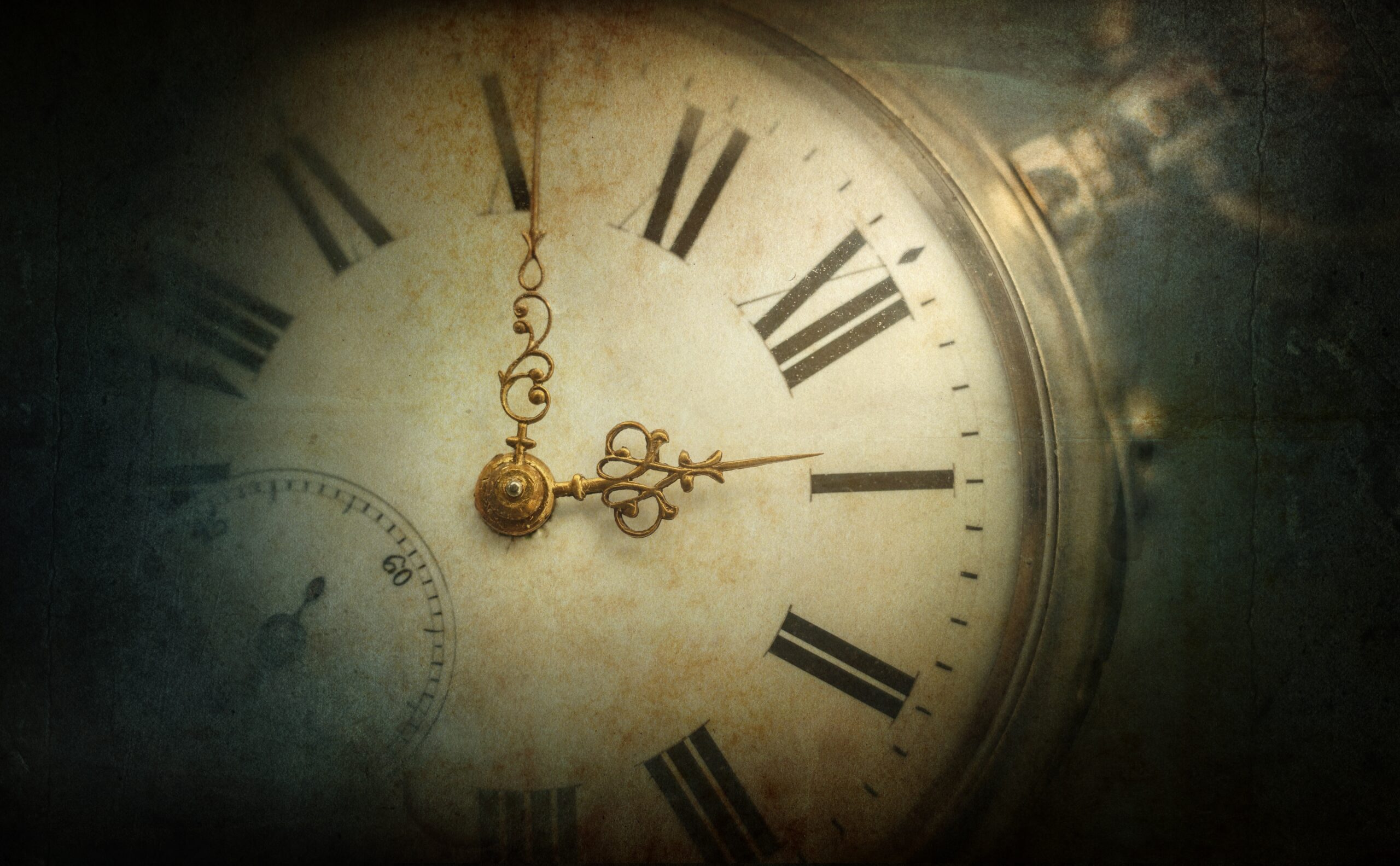What if I told you that a stage in life once shrouded in whispers is now undergoing a “fun rebrand” that promises to make menopause the new black?
At a Glance
- Menopause is shedding its stigma and embracing a cultural renaissance.
- Brands and celebrities are leading the charge with humor and honesty.
- The menopause market is now a booming multi-billion-dollar industry.
- Authenticity and inclusivity are at the forefront of this rebranding effort.
The Cultural Shift in Menopause Perception
For decades, menopause languished in the shadows, often treated as a medical conundrum or a private affair. Women were expected to endure it silently, as if it were a secret society initiation. However, the tides have turned dramatically in recent years. Thanks to millennial women entering perimenopause, the demand for open and empowering narratives has surged. High-profile campaigns and celebrity endorsements have catapulted menopause into the spotlight, transforming it from a hushed topic to a trendy subject worthy of watercooler chatter.
Watch a report: Exploring the Menopause Market
The involvement of celebrities like Judy Greer and Gwyneth Paltrow has been instrumental in this transformation. Their candid stories and involvement in advocacy have made menopause a “moment” in both cultural and commercial spheres. The result? A multi-billion-dollar industry where brands are scrambling to capture the attention of women who are no longer willing to be invisible.
Brands and Influencers: The New Champions of Menopause
Brands like Valerie and Kindra are at the forefront of this rebranding revolution. They have ditched the clinical and patronizing approaches of the past for more sophisticated and inclusive messaging. These companies understand that women in their late 30s to mid-50s are seeking authenticity and community, not just products. They’re leading with humor, honesty, and a touch of sass, turning menopause into a badge of honor rather than a burden.
Influencers and celebrities have played a crucial role in amplifying these messages. By sharing personal experiences, they have helped destigmatize menopause and foster consumer engagement. This is not just about selling products; it’s about creating a movement that celebrates aging and embraces the changes that come with it.
Watch: $600B Menopause Industry: Are You Being Scammed? – YouTube
The Impact of the Rebranding Effort
The rebranding of menopause has far-reaching implications. In the short term, it has increased awareness and destigmatized the life stage, leading to a surge in demand for tailored products and services. Women are more vocal about their needs, and healthcare professionals are slowly catching up, recognizing the importance of patient-centered care.
Long-term implications are even more profound. As society continues to challenge stereotypes about aging and women’s health, we’re likely to see improved health outcomes and a more inclusive cultural narrative. This shift is not just beneficial for women; it’s a win for families, workplaces, and entire healthcare systems.
Navigating the Future of Menopause Marketing
The road ahead is promising but not without challenges. Experts emphasize that while the rebrand is welcome, it must go beyond surface-level marketing. Campaigns need to address real needs and foster meaningful dialogue between women and healthcare providers. Authenticity and inclusivity are not just buzzwords; they’re essential for resonating with consumers and delivering genuine value.
Critics caution against the risk of commercialization trivializing the menopause experience. However, many argue that the “fun rebrand” is empowering, offering women agency and a sense of community. The success of this movement will depend on its ability to balance commercial interests with the complex realities of menopause.









